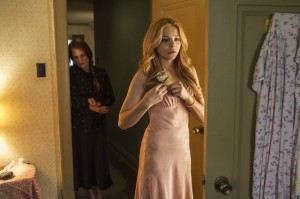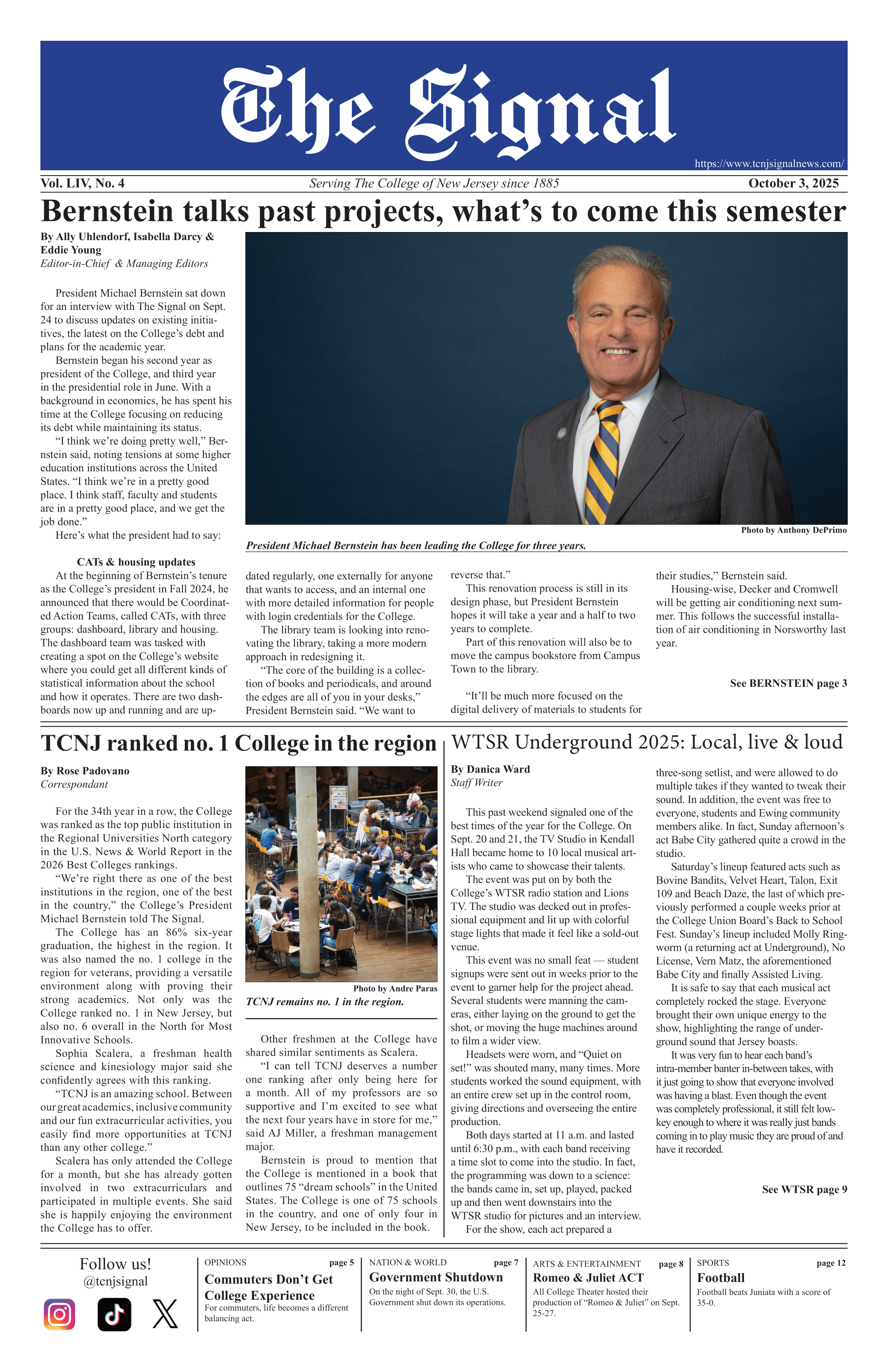The promotional posters for the reboot of “Carrie” promise “you will know her name.” This is less a threat than a statement of the obvious. Even those unfamiliar with the 1976 film know the story of Carrie White, a loner who discovers that she’s telekinetic just in time to release a world of hurt at the senior prom.
While I understand the concept of treating a reboot as its own film rather than comparing it to the original, in the case of “Carrie,” the new mimics the old so much that it doesn’t seem worth it to view one independently of the other (the film even uses much of the same dialogue). The new “Carrie” does a lot of things right. That doesn’t mean, however, that sometimes we shouldn’t just stick with the classic.

Let’s start with the positive. Julianne Moore, you are beautiful and incredible and absolutely terrifying. This film opens not with the infamous shower scene (don’t worry, that’s coming) but with Moore, playing the insane Margaret White, giving birth to Carrie alone in her bedroom. We hear Moore’s shrieks of pain before we see her, and when she finally does pop out our favorite little telekinetic mass murderer, the baby gets an up-close-and-personal look at a pair of scissors.
The scene is perfect in setting up the environment that Carrie must contend with for the entirety of her short life, and establishes Moore’s psychotic take on a much more violent Mrs. White.
Luckily, Chloe Grace Moretz’s Carrie can handle herself. While she lacks the pathetic, kicked-dog characteristics of Sissy Spacek, Moretz plays up on Carrie’s powers, giving her a greater amount of control over her strength than we see in the original. This Carrie is ready and willing to use her powers, which gives her more agency in the film.
My main problem with this is that Carrie has too much power — not only can she move things with her mind, but she can also apparently fly, weld locks shut and cause roads to crumble like she’s some kind of earth bender. These extra powers are one of two completely unnecessary changes made to the film (I won’t even bother talking about the other. It’s stupid and pointless and you’ll know exactly what I’m talking about when you see it).
The film lacks the undercurrent of sexuality that pervaded the original film (you won’t be seeing anyone’s dirty pillows in the locker room this time around), which means that the menstruation scene isn’t quite as drawn out and animalistic. Portia Doubleday, however, is just as vicious as potential sociopath Chris, and is one of the few actors in the film who surpass their predecessor.
But there was an element of the plot that wasn’t as fully explored by the movie (neither this new version nor the original, actually) as I wish it had been, however, and it gave me the wigs even worse than Moore.

“Carrie” is, at its core, a movie about bullying and the effects it has on both the victims and the perpetrators. The scariest moments of “Carrie” aren’t necessarily the ones that involve carnage — they’re the ones in which a poor girl is humiliated by her peers, made a laughingstock both in school and online.
This new “Carrie” does a good job of demonstrating the devastating effects of online bullying, and its timing unfortunately couldn’t be better. With the suicide of a young girl from Florida and the charges her tormentors face appearing in headlines around the country, we need to consider the story that “Carrie” isn’t telling: the story of kids that are getting bullied but have no hidden superpower to hide behind.
We revel in the revenge Carrie takes against her bullies, but in the end she, too, dies alone and frightened. Both films get so caught up in the carnage that they fail to see and capitalize the social commentary imbedded in the plot.
“Carrie” may be momentary escapism for the weak, but we can’t let her rise to power obscure what maybe should have been the real point of the movie: there are Carrie Whites everywhere, and we’re doing nothing to help them.






